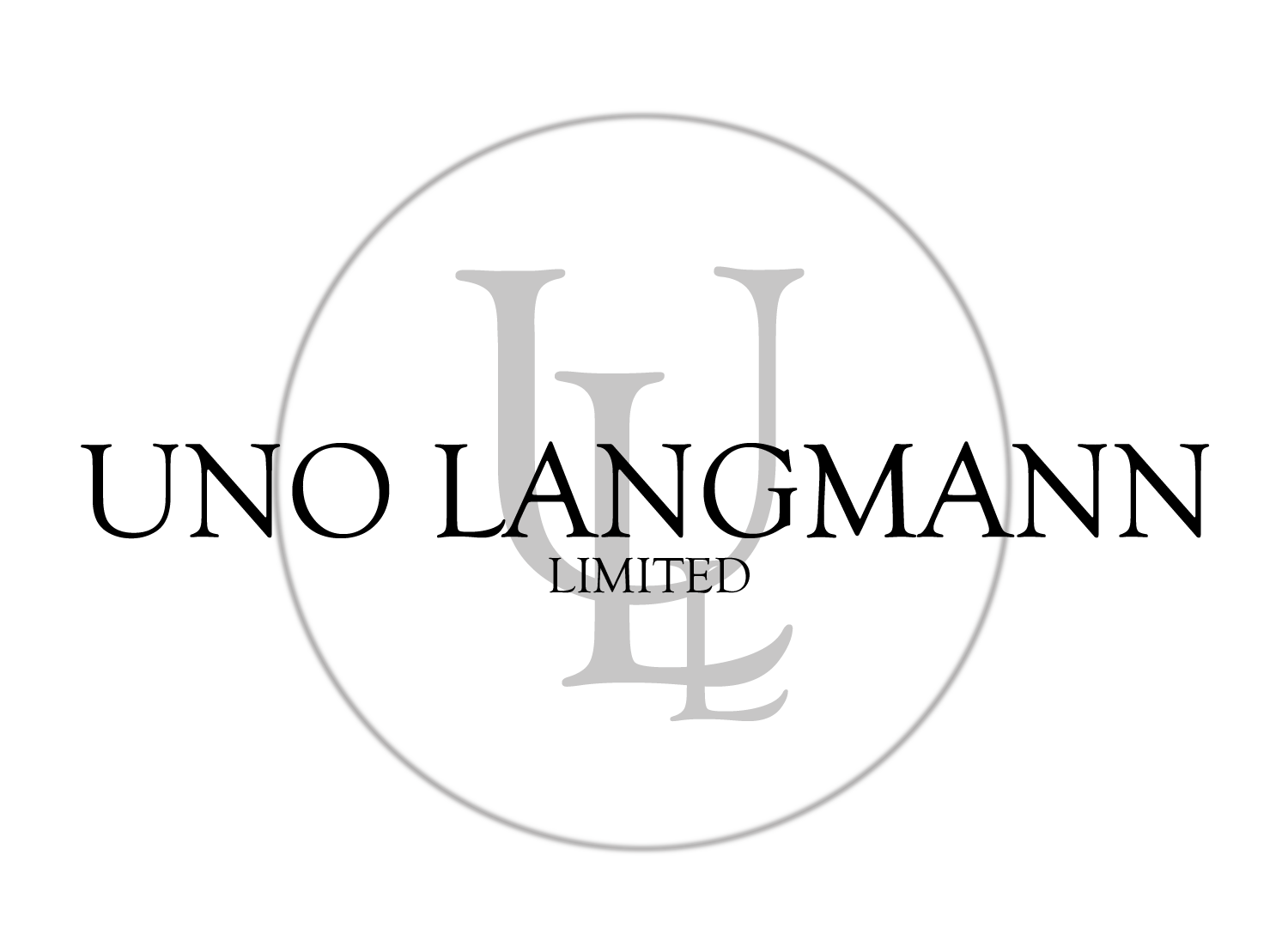Lignum Vitae turned lidded canister on pedestal base, the lid complete with carved turned handle (minor loss to handle), early 19th century
Considered the heaviest and hardest wood in the world, the dense Lignum Vitae or ironwood (also called guayacan or pokhout), is from the slow-growing genus Guaiacum. Indigenous to Central America, the Caribbean and northern South America, it is the national tree of the Bahamas, and the purplish-blue flower is the Jamaican national flower. Latin for ‘wood of life”, the plant was often used to treat medical conditions such as arthritis, and the wood chips to brew a contraceptive tea. Lauded for its density and strength, the tough wood was an important export to Europe from the early 16th century. The bare wood has fine texture and can be polished to a fine lustre due to high natural oil content. Able to withstand high stress and temperature, it is ideal for outdoor use and resistant to insect attack, and exceptional for turning on the lathe. It became the choice for outfitting sailing ships including belaying pins and sheaves of blocks, as well as for dunnage and ballast. Upon introduction to Europe, it was employed for a variety of uses including treen (turned items), lawn, croquet and skittle balls, mortars and pestles, parts for clocks, and became the traditional wood for the British police truncheon. Until the introduction of modern synthetics, later uses include parts for hydro-electric plants, and the wood was instrumental in rebuilding the San Francisco railway after the 1906 earthquake and fire that followed, due to the availability of the wood in the holds of the ships in the harbour.
Size: 7 h x 5 ½ w x 5 ½ d in
M20160




